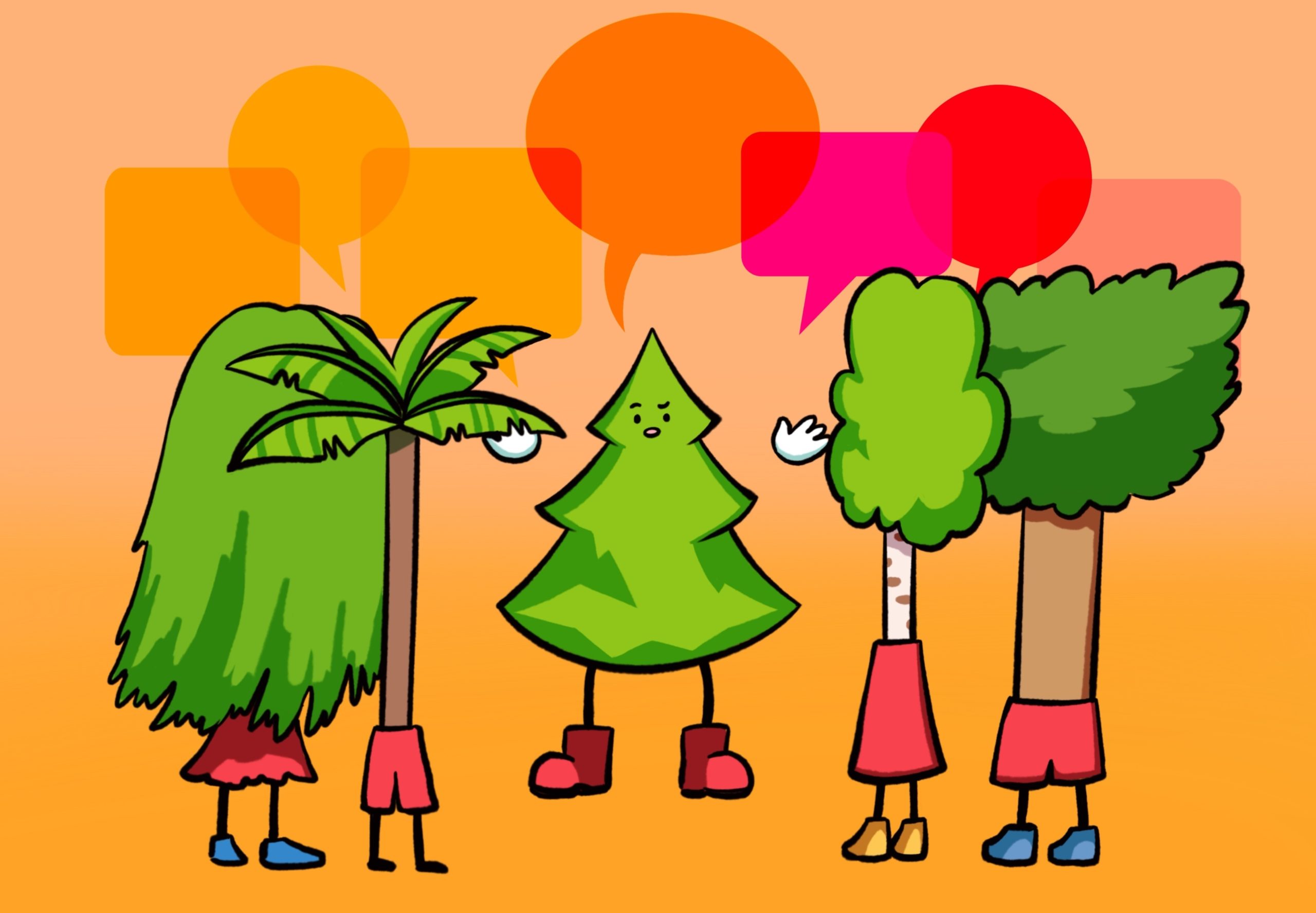Inclusive language starts with good intentions. Avoiding offensive statements and gestures is a basic common courtesy. A heightened awareness of where certain words come from and what they might imply helps us keep racist, sexist and otherwise discriminatory terms out of our vocabulary. But the more closely we examine everyday language, the fuzzier the line between offensive and innocuous becomes. In a climate of intense debate about social issues, disagreements about words can quickly devolve into angry attacks that undermine inclusion instead of achieving it.
First, terminology that some consider inclusive may not actually reflect the preferences of the people it describes. Take the neologism Latinx, whose proponents argue that adding a final “x” renders the words inclusive of all genders. Meanwhile, critics see it as pointless and even elitist. “There’s already a word [for Latinx], and it’s Latinos,” Enrique Salas, a South Carolina resident, told NBC News. Enrique Samuel Cervantes, writing for the DePaulia Online, added that Latinx “trata de manchar nuestros orígenes y nuestras raíces culturales…está deletreada mal y se escucha mal” (“[the word] is an attempted stain on our origins and cultural roots…it’s badly spelled and it sounds bad”). Research suggests that Cervantes is hardly in the minority: a widely cited Pew Research survey found that only 3% of Hispanic adults in the US describe themselves as “Latinx.” A mere 4% support using it as a pan-ethnic term, and 76% hadn’t even heard of it. “Latinx” is meant to be inclusive, but statistically, it’s anything but.
Similar problems emerge with gender-inclusive terminology. US Congresswoman Cori Bush sparked controversy last spring after describing mothers as “birthing people” in a speech to Congress. The phrasing clearly hit a nerve. Proponents argue that “birthing people” is simply more inclusive, recognizing that transgender men or nonbinary people give birth. Critics find the term derogatory and insulting, noting that it, along with phrases like “chestfeeding,” “human milk,” “front holes” and “vulva owners,” reduces women to a conglomerate of abstract, dehumanized body parts. Clearly, there’s no magic word or phrase that will make everyone feel included, and insisting that certain terms are objectively more inclusive than others only adds fuel to the fire.
And when it comes to issues like the “birthing people” controversy, where there’s no obvious “inclusive” option, it makes even less sense to punish people harshly for transgressions. In extreme situations, those who utter supposedly exclusive words are themselves excluded. Such was the case with Lindy Treece, a graduate student at Portland State University who, during a Zoom class discussion about the 2020 presidential election on election day, said, “I’m going to accept the results of the election no matter what because I’m not a snowflake.” Immediately after she had spoken, Treece’s audio and video were muted. She later received an email from the professor, who would only let her return to the class if she “agree[d] to not use derogatory language” (including, apparently, about herself). Treece pointed out that she is autistic, making it challenging for her to predict how others will react to her comments. In her own words, “the think-before-you-speak advice is essentially a logical fallacy for us autistic people … we are unaware of how others will be impacted until it happens.” As a fellow autistic, I can confirm this; difficulty seeing things from other people’s perspectives is a core part of the condition.
Thanks to a letter from an attorney, Treece was allowed to return to class without agreeing to the professor’s conditions. Her case wasn’t an anomaly. Yale Law School administrators have spent the better part of the last month pressuring a student to apologize for inviting fellow members of the Native American Law Student Association out to a “trap house” party, which other students believe conveyed an “inherently anti-Black sentiment.” Thankfully, these cases don’t crop up every day — at least not on one campus, but subtler instances of exclusive-inclusivity are less severe manifestations of the same underlying problem. A freshman from a rural area uses words like “gay” or “retarded” out of habit, rather than malice, and is shunned, rather than approached respectfully. A male student isn’t aware that the word “hysterical” has been used to degrade women and promptly has his head bitten off. To clarify, I’m not defending this language; I’m simply arguing that we should respond to it differently. These indignant reactions shut down conversations rather than starting them, and insulting people is hardly an effective strategy to change their minds.
All of these instances exemplify how easily linguistic conventions meant to create inclusive environments can end up alienating vulnerable individuals instead. Non-native English speakers are also at a disadvantage, as mastering a new language is challenging enough without trying to keep up with an ever-growing list of unacceptable terms. And to non-college-educated Americans who aren’t keeping up with the latest on gender and sexuality studies, acronyms like LGBTQIAAP+ and buzzwords, such as “positionality” and “minoritize,” are likely incomprehensible.
If we really want to change the way people speak, we should choose the small selection of epithets that truly degrade others and tread carefully when generalizing about the preferences of entire populations. Most of all, let’s not allow the thoughtfulness behind our words to be overshadowed by aggressive enforcement. Amidst a sea of politically loaded, ever-changing terminology where the consequences of misspeaking can be severe, we risk losing all the good intentions behind inclusive language.
